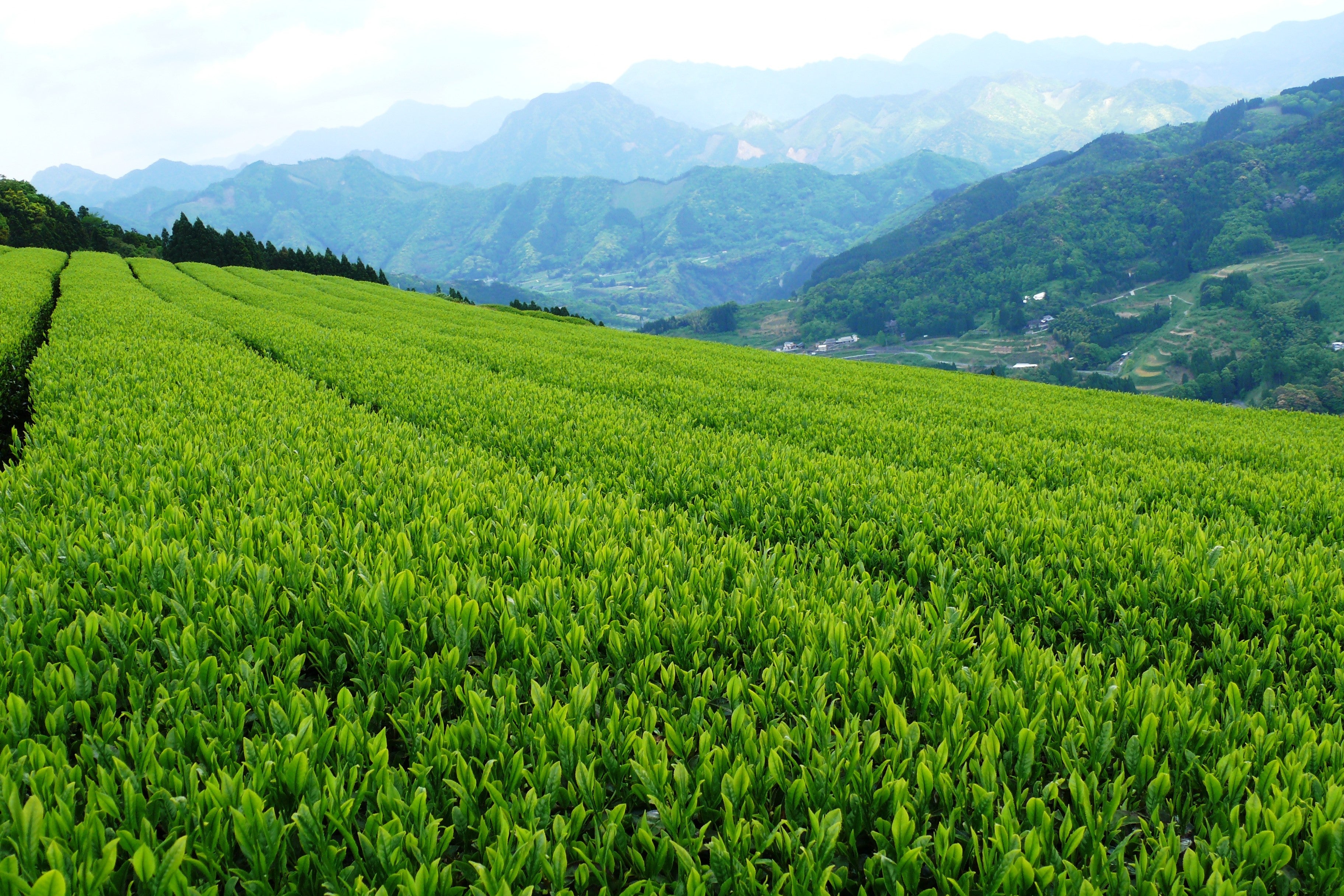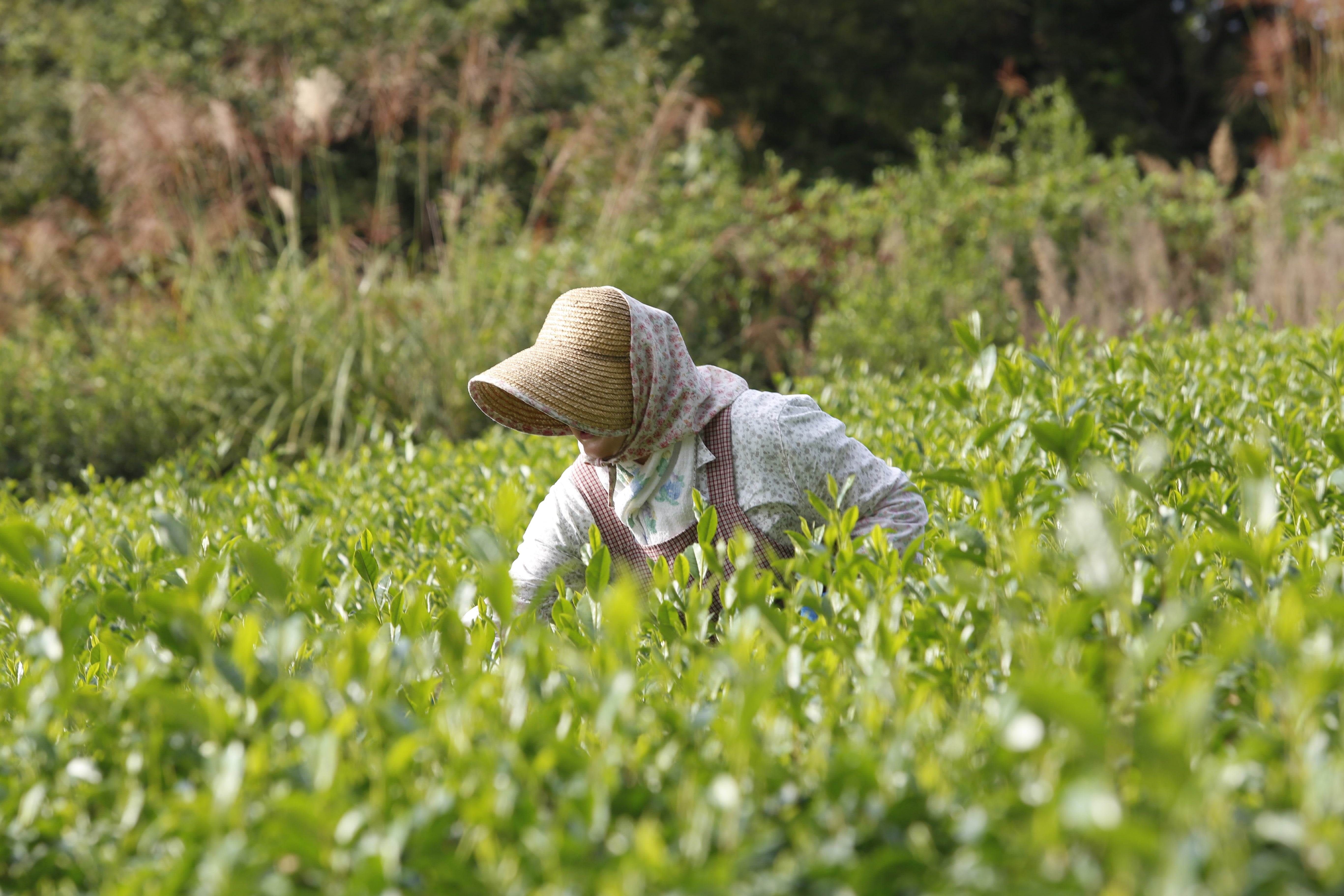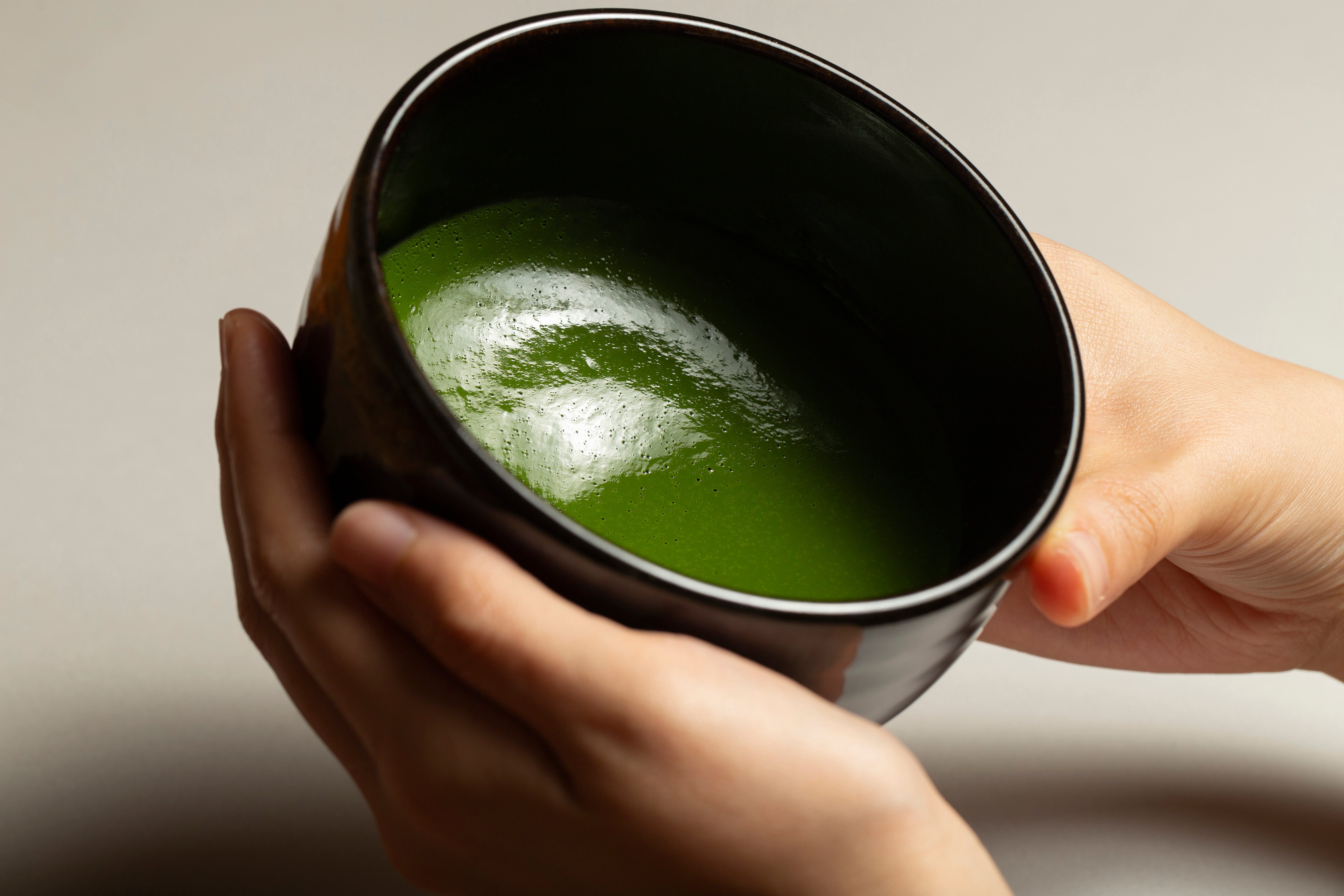
Organic Tea
Organic Farming in Japan
Organic farming refers to the agriculture that doesn't use prohibited pesticides or chemical fertilizers. It respects and follows the natural ecosystem.
It is often thought that organic farming is pesticide-free, but that isn't always the case. Theoretically, there is a reglementation explaining that agricultural chemicals and chemical fertilizers should not be used, however, in practice they can be as long as they are specified in a limited quantity.
"Pesticide-free" means that no pesticides are used, however, even if pesticides aren't used in one area, there are pesticides left in the soil or scattered from the surroundings. It is impossible to really have pesticides-free farming. Labels such as "no pesticides", "reduced pesticides", "no chemical fertilizers", and "reduced chemical fertilizers" are prohibited in Japan by the Ministry of Agriculture, Forestry and Fisheries (MAFF).
Organic JAS Certification
JAS are the Japanese national standards established by the MAFF in the fields of food, agriculture, forestry and fisheries.
Some agricultural products and convenience food have Japanese Agricultural Standards (JAS) labels. One of them is called "Organic JAS" and it is only approved for products that have passed inspection by accredited certification bodies of the Minister of Agriculture, Forestry and Fisheries.
Authorized Economic Operator (AEO) includes: production process administrators (farmers and producers associations), manufacturers and warehouse operators.
Only products that have passed this inspection can be labeled as "organic [product name]," "organic farming," "organic agricultural products," or "organic." Under JAS label, the name of the accredited certification body that conducted the inspection and the accreditation number is written.
For instance, the image below is the JAS Certification obtained by Chikiriya Shizuoka Factory. There is the name of the accredited certification body, Natural Farming Center, and the certification number 2005M-2.

Organic Farming Regulations
There are certain criteria for organic farming:
① Not using prohibited pesticides or chemical fertilizers for at least 3 years before sowing or planting.
② Not using genetically modified seeds and seedlings.
③ Reduce as much as possible the local environmental burden by eliminating the use of chemical pesticides and fertilizers.
There are strict standards not only for production management of agricultural products, but also for production management in manufacturing and distribution plants. Moreover, JAS Certification doesn't end once accredited. Companies must pass an annual inspection to continue to be Authorized Economic Operator and use JAS certification.

Reference: Inspection certification institute for organic foods (on the Ministry of Agriculture, Forestry and Fisheries website)




Leave a comment
This site is protected by hCaptcha and the hCaptcha Privacy Policy and Terms of Service apply.